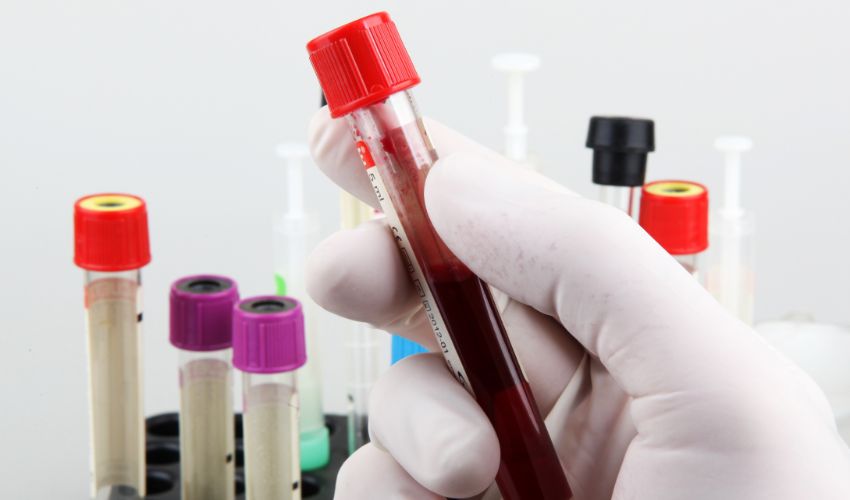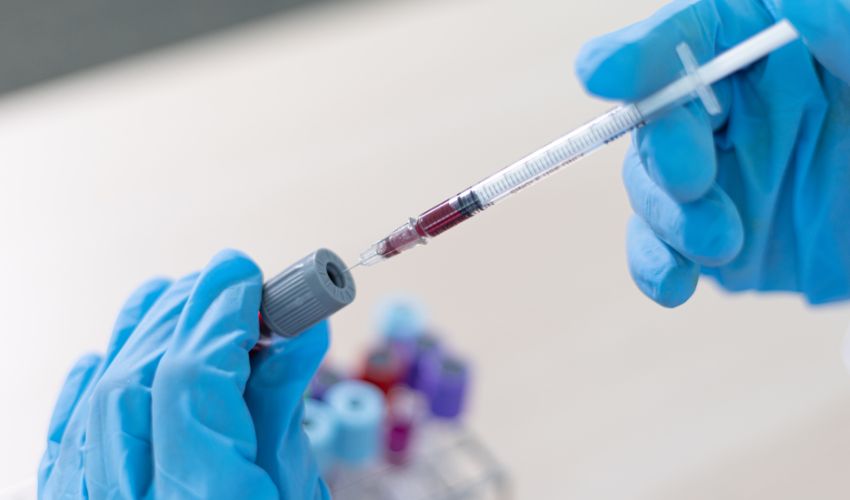Blood-thinning medications, also known as anticoagulants, are a class of drugs that help prevent the formation of blood clots. These medications are often prescribed to people who have a high risk of blood clots, such as those with a history of stroke or heart attacks, or those who have undergone certain medical procedures. Blood-thinning medications work by interfering with the body’s blood clotting process, which can increase the risk of bleeding. In this article, we will discuss the different types of blood-thinning medications, their benefits, and the potential risks associated with their use.
Types of Blood-Thinning Medications:
There are several types of blood-thinning medications available, including:
- Heparin: Heparin is a fast-acting blood thinner that is often used in hospital settings to prevent blood clots. It is usually given as an injection or through an IV.
- Warfarin: Warfarin is a commonly used blood thinner that is taken orally. It works by blocking the production of certain clotting factors in the liver.
- Direct Oral Anticoagulants (DOACs): DOACs, also known as Novel Oral Anticoagulants (NOACs), are a newer class of blood thinners that are taken orally. They work by blocking specific clotting factors in the blood.
Benefits of Blood-Thinning Medications:
Blood-thinning medications can provide numerous benefits, including:
- Prevention of Blood Clots: Blood-thinning medications can help prevent the formation of blood clots, which can reduce the risk of stroke, heart attack, and other serious conditions.
- Treatment of Existing Blood Clots: Blood-thinning medications can also be used to treat existing blood clots, which can prevent them from growing larger and potentially causing serious complications.
- Lowering the Risk of Complications during Medical Procedures: Blood-thinning medications can be used before certain medical procedures to reduce the risk of blood clots.
Risks of Blood-Thinning Medications:
While blood-thinning medications can be highly beneficial, there are also some potential risks associated with their use, including:
- Increased Risk of Bleeding: Blood-thinning medications can increase the risk of bleeding, which can be serious or even life-threatening in some cases.
- Difficulty Controlling Bleeding: In some cases, it can be difficult to control bleeding in patients who are taking blood-thinning medications.
- Drug Interactions: Blood-thinning medications can interact with other drugs, including over-the-counter medications, which can increase the risk of bleeding.
FAQs:
How do I know if I need to take blood-thinning medications?
Your doctor will determine whether or not you need to take blood-thinning medications based on your individual risk factors.

What should I do if I experience excessive bleeding while taking blood-thinning medications?
If you experience excessive bleeding while taking blood-thinning medications, seek medical attention immediately.
Can blood-thinning medications be used during pregnancy?
Blood-thinning medications can be used during pregnancy, but their use should be carefully monitored by a healthcare provider.
Are there any foods I should avoid while taking blood-thinning medications?
Some foods, such as leafy green vegetables, can interact with blood-thinning medications. Talk to your doctor about any dietary restrictions.
How long will I need to take blood-thinning medications?
The length of time you will need to take blood-thinning medications will depend on your individual situation. Your doctor will determine the appropriate duration of treatment based on factors such as your medical history, the reason for taking the medication, and your risk of developing blood clots.
Conclusion:
Blood-thinning medications are an important class of drugs that can help prevent blood clots and reduce the risk of serious conditions such as stroke and heart attack. While they can be highly beneficial, there are also some potential risks associated with their use, including an increased risk of bleeding. It is important to talk to your doctor about the benefits and risks of blood-thinning medications, and to carefully follow their instructions for use. By working with your healthcare provider, you can ensure that you are receiving the appropriate treatment to help protect your health.























